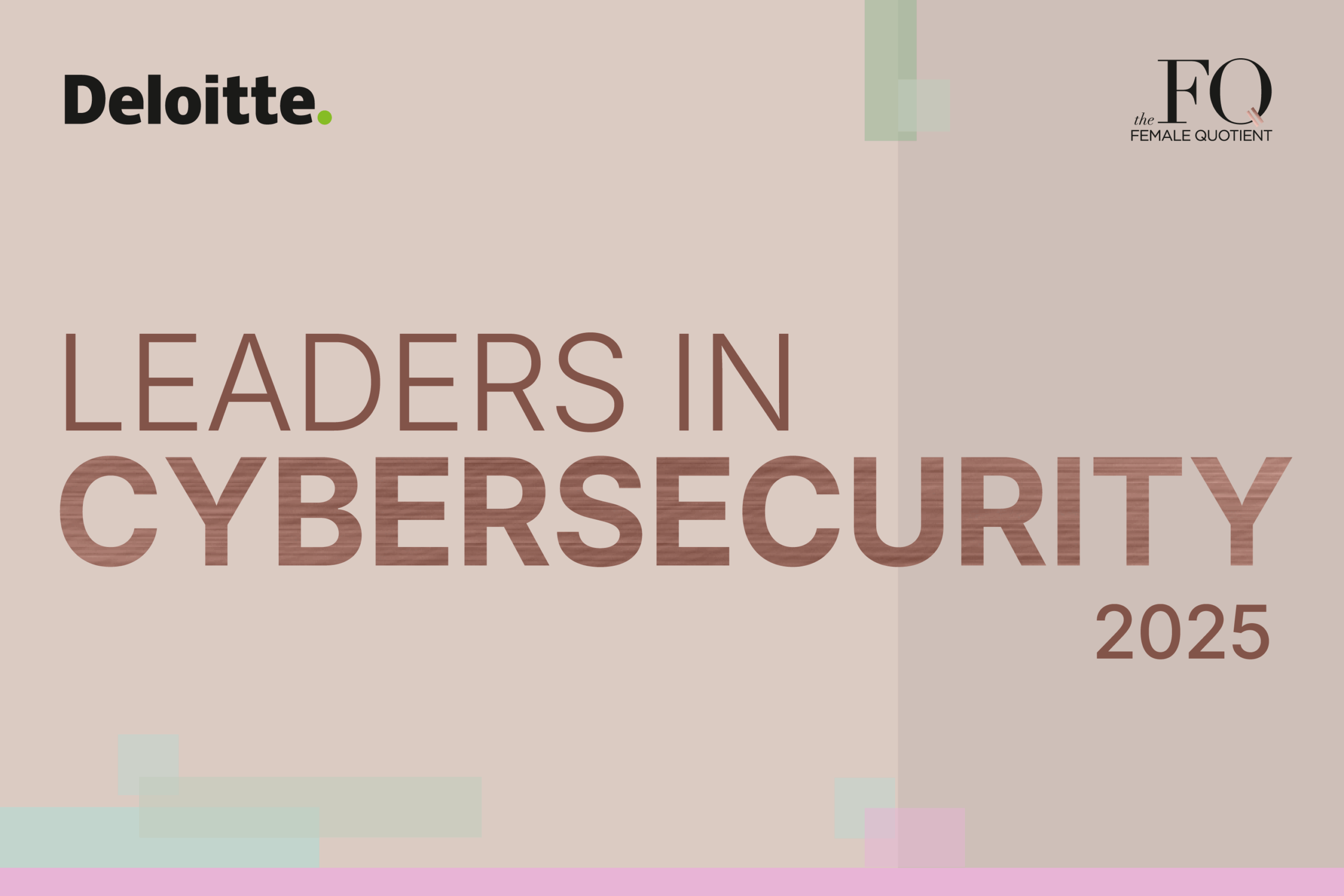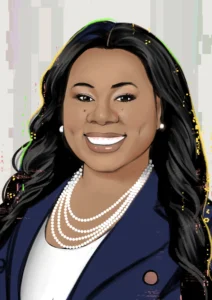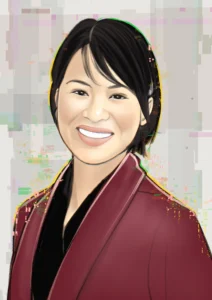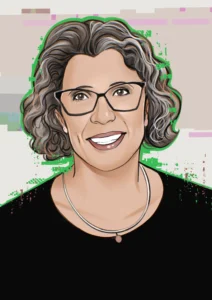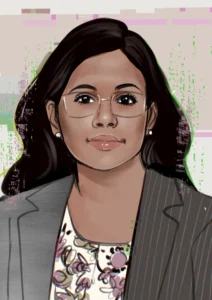
Denise Barbosa
“Digital literacy should be a priority. It’s not enough to recognize the problem. We have a responsibility to act.”
Denise Barbosa has more than 25 years of experience strengthening global trade ties. With an MBA in International Relations from Fundação Getulio Vargas, a specialization in Leadership and Innovation from the Massachusetts Institute of Technology, and Governance studies at the University of California, she brings both depth and vision to every alliance. Excellent at connecting the dots between public and private sectors, she drives initiatives that help fuel mutual growth, tackle trade barriers, and simplify complex global challenges.
What is one skill, interest or talent of yours that makes you great at your job?
I can influence people, strategize, and connect different areas of the company to help motivate them to work together on projects that generate revenue and increase sales.
What is the best piece of unconventional career advice you’ve gotten?
“The awareness of our ignorance is what makes us learn, and this is both an exercise in humility and an exercise in intelligence.”
What is your proudest moment working in the cybersecurity industry?
In collaboration with Deloitte Brazil and Palo Alto Networks, we created a virtual reality experience to surprise C-level executives in the Brazilian market. It was a simulation of a cyber attack. To help spark unease and inspiration, even if momentarily, it was a success, demonstrating how realistic the exercise can be, and how these executives can make a difference in the realm of cyber attacks.
When did you become interested in pursuing a career in cyber and what prompted it?
During my career, I realized what truly sets one apart in the market. The absence and knowledge of effective data governance has profoundly affected many corporations. This insight highlighted not only the challenges faced by businesses, but also the opportunities for those willing to lead in establishing robust data management practices.
What are the top 3 things you would tell people hoping to enter the cybersecurity industry?
- Cybersecurity is a key risk across many organizations.
- Human lives can depend on effective prevention against cyber attacks.
- Data is the new oil; in the wrong hands, it can cause unprecedented damage.
What are some misconceptions people might have about the cybersecurity industry and what can we do to change these misconceptions?
Digital literacy as a defense in the information age is important. It’s necessary to discuss how misinformation and miscommunication can affect the reputation of individuals, companies, and institutions, as well as to explore the significance of digital literacy in navigating the information age with credibility and security.
Do you feel like you’re contributing to helping keep our world secure and can you share why that matters to you?
Misinformation or miscommunication not only shapes our perception of the present, but can also rewrite the past. We’re living in a scenario where vulnerability and transparency can be powerful forces in building modern leadership. Silence, especially in important moments such as a cyberattack, can be costly for both the leader’s reputation and the organization.
What positive change do you think will take place as we bring the next generation into the cybersecurity industry?
Digital literacy should be a priority. It’s not enough to recognize the problem. We have a responsibility to act. As leaders in various sectors of society, we should encourage critical thinking and promote a culture of questioning and transparency. Individuals should learn to filter, question, and contextualize the information they consume and share. Without critical thinking, we can become captive to manipulated narratives.
Who is your role model in the cybersecurity industry and why?
Amy Webb: She emphasizes the importance of security, privacy, and how we can manage new data. Her best phrase is, “We don’t need saviors, but a plan for the future.”

